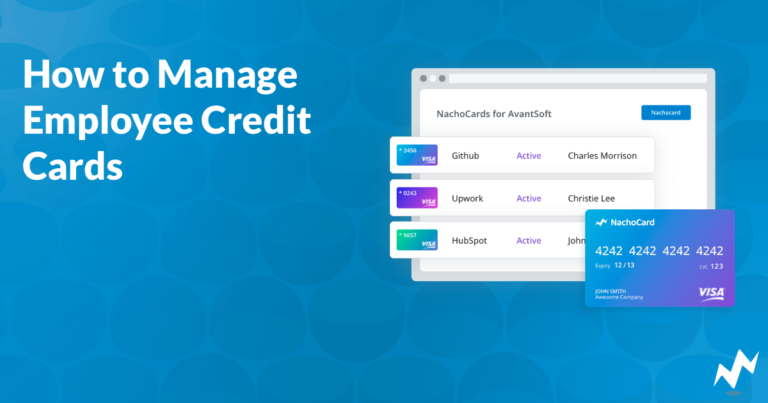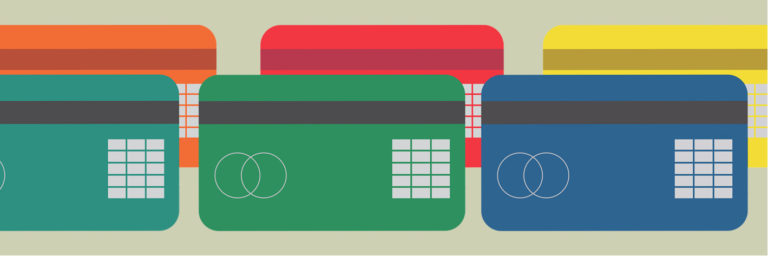How to Apply For a Business Credit Card — And Get Approved
Business credit cards are a crucial tool for a growing company. While small business owners may be hesitant to take on another credit risk, it can be a valuable tool to manage cash flow, track expenses, and help establish a credit history. This guide streamlines the process of applying for a business credit card and the benefits it will bring you.
As a business owner, you have lots of business credit card choices. Each business credit card has its own specialty in terms of fees and rewards. First, select one that best suits your business spending habits.
How to Apply for a Business Credit Card
Once you’ve settled for the business credit card that fits your company needs, complete your application. Most credit card companies offer online applications and provide approval decisions within minutes. Take care to be accurate. Here’s what you need to know:
1. Business name
The name of your registered business. If you run a sole-proprietorship, enter your legal name.
2. Business contact information
This is the phone number and mailing address of your business office. If you work from home, you can enter your personal address and phone number.
3. Industry type
Select the industry your business falls under or most closely applies to your business.
4. Business type
The company structure to indicate whether it is a corporation, a partnership, limited liability, sole proprietorship, etc. If you have registered your business as a partnership or corporation, you may be asked to list basic information about the business owners.
Similarly, if it is registered as an LLC, you may need to appoint a professional registered agent service to ensure legal documents are properly received and that the business remains compliant with state requirements.
5. Tax identification number
This is your employer identification number (EIN) which is used to verify your business. If you are a sole proprietorship without an EIN, you can provide your social security number (SSN) instead.
6. Years in business and number of employees
How long the business has been in operation and the number of employees that are part of the company.
7. Annual business revenue
The amount of money your business makes annually. It is prudent to ensure this number is not exaggerated as you may be requested to provide supporting documentation to verify its accuracy.
8. Personal information
This may include your home address, contact information, total annual income and monthly expenses, etc.
The Benefits of a Business Credit Card
1. Separate personal and business expenses
It’s important to clearly separate personal and business finances. Not only does it simplify expense reporting and tax preparation for your business, it also it also protects your personal finances from scrutiny should your business face any legal issues.
2. Build business credit
As a business owner, your business credit is directly linked to your Employer Identification Number, or EIN. Creating a history of spending for your business profile helps establish the creditworthiness of your business. Paying for expenses with your business credit card is a quick way to establish a business credit score.
3. Credit card rewards
Business credit cards give you the chance to earn rewards for the frequent purchases your business makes. These rewards can be travel miles, cashback, discounts on office supplies, and other rewards in popular business categories.
Summary
Business credit cards are an important tool to help you manage your company finances. As long as you are disciplined in your spending habits and pay off your credit card bill in full every month, a business credit card can be an important business resource.
When you’re looking to build a business credit score, or explore your credit options, be sure to check out Tillful, which is a service that provides you access to a free and fast business credit score, and then pre-approves you for credit through their partner network. With a strong credit profile and access to appropriate credit options, your business will be perfectly positioned for success.







